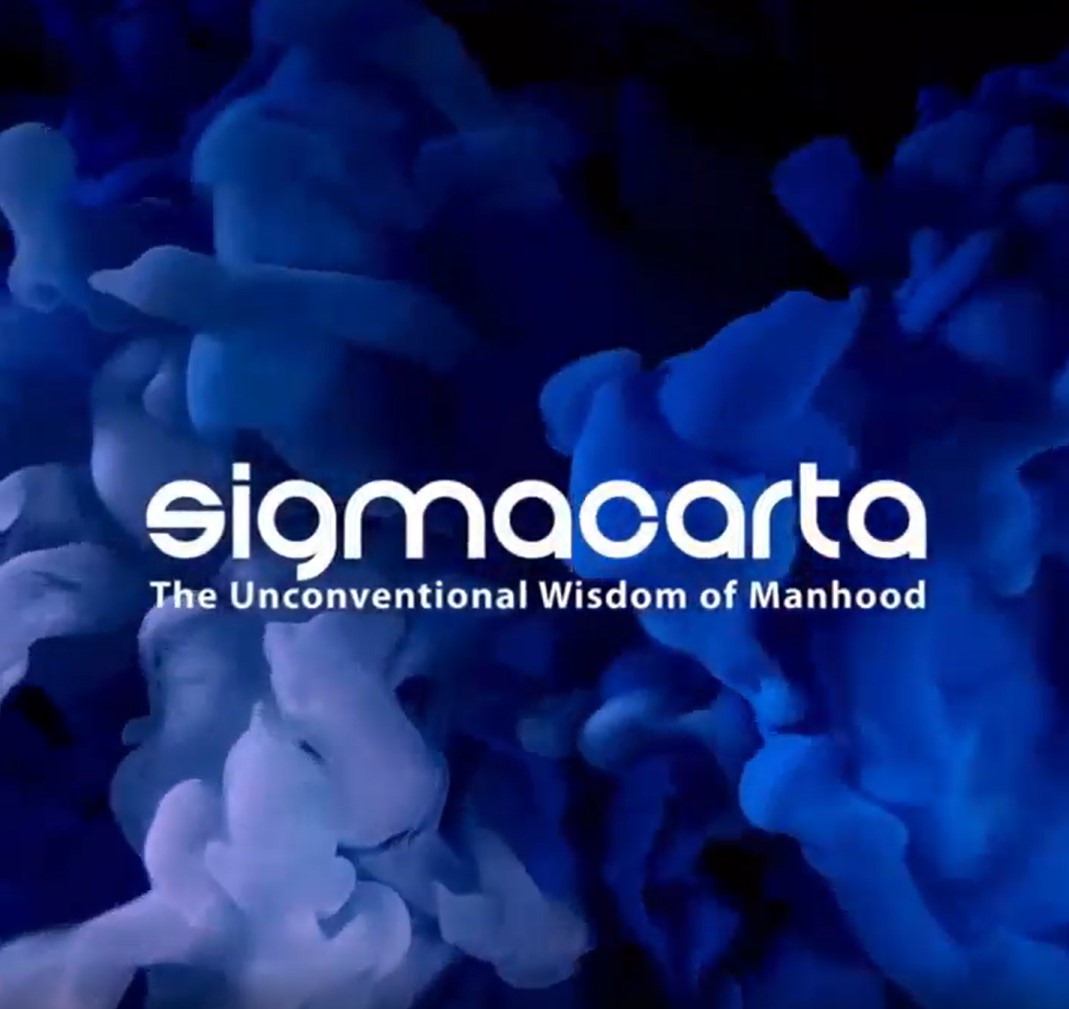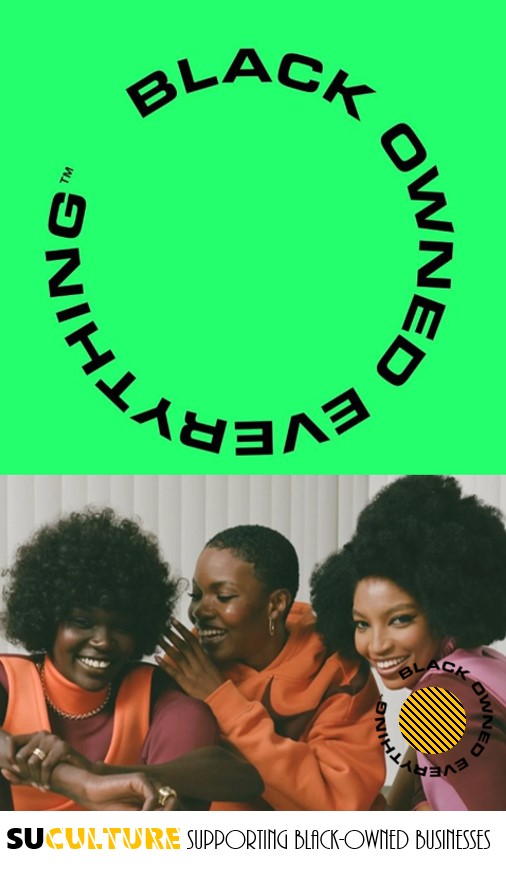-
AuthorPosts
-
-
Remembering Greg Tate.

In a business – music journalism – in which Black scribes were few, and rap music classified as a passing fad by critics, Tate elevated Black music and helped to establish the inextricable link between jazz and hip-hop as part of the same continuum of expression – a conduit, a centuries-old strategy for “erasing the erasure” – Michael Jackson: The Man in Our Mirror (GREG TATE) July 1, 2009.
Tate’s critic in The Village Voice often served as the go-to cultural bible, at a time when New York was an effervescent chaos of cultures – its urban scene inhabited by street artists, DJ’s, writers and experimental musicians.
His expertise traversed not just the spectrum of Black music, hip-hop, and jazz, but included literary theory, fiction, films, politics, and police brutality.
In Tate’s initial book, “Flyboy in the Buttermilk: Essays on Contemporary America,” an anthology of his articles from The Voice, a single, clear thread ran through his work. Tate eloquently argues;
“The reason black music occupies a privileged and authoritative place in black aesthetic discourse is because it seems to croon and cry out to us from a post-liberated world of unrepressed black pleasure and self-determination. Black music, like black basketball, represents an actualization of those black ideologies that articulate themselves as antithetical to Eurocentrism. Music and ball both do this in ways that are counter-hegemonic, if not counter-supremacist, — rooting black achievement in ancient black cultural practices. In the face of the attempt to erase the African contribution to world knowledge, and the diminution of black intelligence that came with it, the very fact of black talents without precedent or peers in the white community demolishes racist precepts instantaneously. In this war of signifying and countersigning, Miles Davis was a warrior king and we were all enthralled.”
In 1985, Tate co-founded the Black Rock Coalition, alongside producer Konda Mason and guitarist Vernon Reid, to promote Black music. In the group’s manifesto, Tate writes unequivocally that;
“Rock and roll, like practically every form of popular music across the globe, is Black music, and we are its heirs. We, too, claim the right of creative freedom and access to American and International airwaves, audiences, markets, resources and compensations, irrespective of genre.”
Tate wrote a sequel to “Flyboy” and a critical assessment of Jimi Hendrix, becoming a visiting professor at Columbia University in 2009, and subsequently in 2012 at Brown University.
Tate brought cutting-edge curating and clarity on revolutionary politics, articulating the innovation and uniqueness of contemporary culture, pulling together precise cultural connections for broad audiences without compromising rigor or verve.
Greg Tate’s transformative impact on cultural criticism, turned the practice into an art form.
Greg Tate died aged 64, on December 7, 2021.
-
-
AuthorPosts
You must be logged in to reply to this topic.









